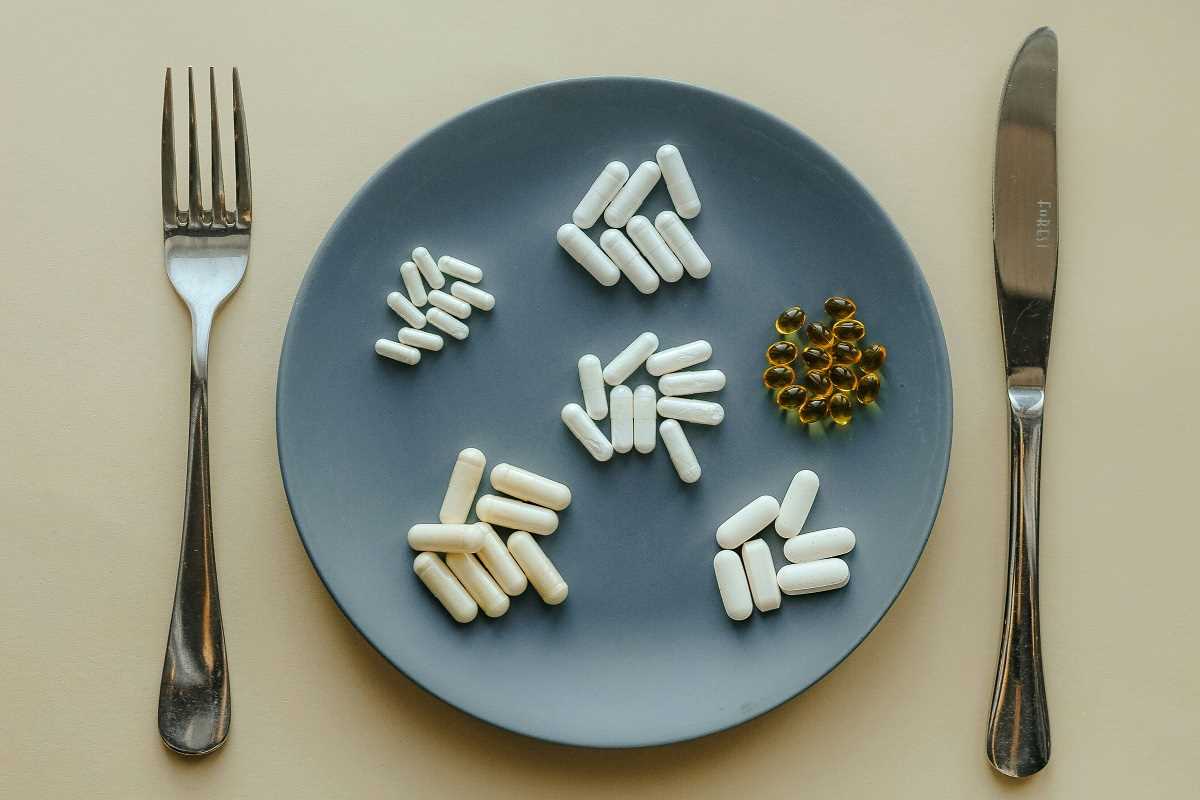Cholesterol is a crucial aspect of our health and is often associated with both good and bad types. Understanding the roles of good and bad cholesterol can significantly impact your overall well-being. Good cholesterol, also known as HDL cholesterol, helps remove bad cholesterol from the bloodstream, reducing the risk of heart disease. Bad cholesterol, or LDL cholesterol, can build up in the arteries, leading to heart problems and other health issues. Balancing these two types of cholesterol is essential for maintaining a healthy lifestyle.
Good Cholesterol and Its Benefits
Good cholesterol, or HDL cholesterol, plays a vital role in our health by removing bad cholesterol from the bloodstream. High levels of HDL cholesterol are associated with a lower risk of heart disease and other cardiovascular conditions. Regular exercise, a healthy diet rich in fruits, vegetables, and whole grains, and avoiding smoking can help increase HDL cholesterol levels. It is recommended to have higher levels of HDL cholesterol in the body to promote heart health and overall well-being.
Bad Cholesterol and Its Impact on Health
Bad cholesterol, known as LDL cholesterol, can lead to a buildup of plaque in the arteries, causing narrowing and blockages. This can increase the risk of heart disease, heart attacks, and strokes. High levels of LDL cholesterol are often linked to an unhealthy diet high in saturated fats, trans fats, and cholesterol. To lower LDL cholesterol levels, it is essential to reduce the intake of these unhealthy fats and maintain a balanced diet with plenty of fiber, lean proteins, and healthy fats like avocado and nuts.
Understanding the Ratio
The ratio of good cholesterol (HDL) to bad cholesterol (LDL) is crucial in assessing heart health. Ideally, you want higher levels of HDL cholesterol and lower levels of LDL cholesterol. A higher ratio of HDL to LDL is associated with a lower risk of heart disease. By focusing on lifestyle changes such as a healthier diet, regular exercise, and avoiding smoking, you can improve this ratio and reduce your risk of cardiovascular issues.
Factors Affecting Cholesterol Levels
Several factors can influence cholesterol levels, including genetics, diet, exercise, and overall lifestyle choices. Genetics can play a significant role in determining how your body produces and processes cholesterol. However, lifestyle factors such as diet and exercise also play a crucial role in managing cholesterol levels. Making healthy choices like eating a balanced diet, staying physically active, and maintaining a healthy weight can help keep cholesterol levels in check and promote better heart health.
Monitoring Cholesterol Levels
Regular monitoring of your cholesterol levels is essential for maintaining good heart health. A simple blood test can measure your cholesterol levels and assess your risk of heart disease. Understanding your cholesterol numbers and working with your healthcare provider to develop a plan to improve them can significantly impact your overall well-being. By making healthy lifestyle choices and monitoring your cholesterol levels, you can reduce your risk of heart disease and other related conditions.
In conclusion, good and bad cholesterol play essential roles in our health, particularly when it comes to heart health and overall well-being. By understanding the differences between HDL and LDL cholesterol, making healthy lifestyle choices, and monitoring your cholesterol levels regularly, you can take control of your heart health and reduce the risk of cardiovascular issues. Striving for a balance between good and bad cholesterol is key to maintaining optimal health and well-being.
 (Image via
(Image via





